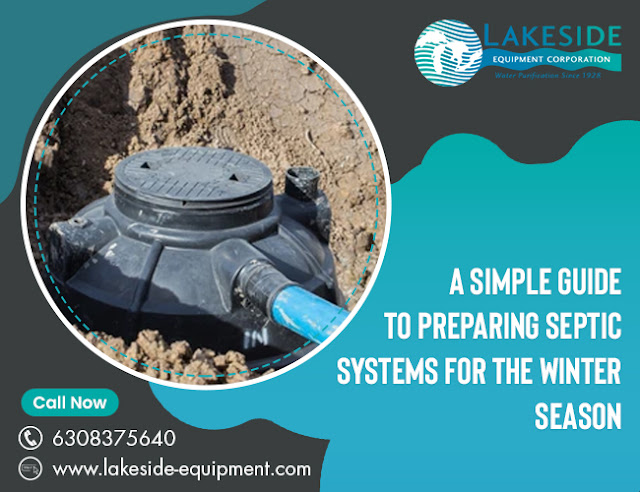A Simple Guide to Preparing Septic Systems for the Winter Season
Various residences are seasonal in cold climate nations. Shutting down sewage treatment plants and septic tanks and installing wastewater screens for the cold weather is imperative for seasonal homeowners to augment the life of their septic tanks and system and to maintain it in good operation. Precautions during the fall season help prevent septic systems freeze and surprises in the spring.
The winter season is a good time for a general inspection of septic systems. A good recommendation ensures proper drainage of the water supply lines of the septic system before the winter. Check any flexible hoses to make sure they are drained. You can avoid freezing the pipes by ensuring water is out of the lines. Add septic antifreeze to the septic tank and flush toilets several times. Never add salts or automotive antifreeze to your plumbing. After disconnecting electrical supplies to the softener, pump, water heater, or dishwasher, you can drain them with a hose. All lines will be reconnected in the spring.
· Infiltration Field
Avoid cutting the grass over the soil treatment area before the winter arrives. This grass can capture snow that provides natural insulation over the septic system and may help prevent septic system freezing.
· Ventilation
Septic systems require a plumbing vent to circulate the septic tank and vacate gases. This pipe must remain open under all use and weather conditions. Vent pipes can get dry, enabling gases generated by the septic tank to seep back into the house during the winters.
Also, equipment such as wastewater bar screens is essential for preparing septic systems for the winter season.




Comments
Post a Comment